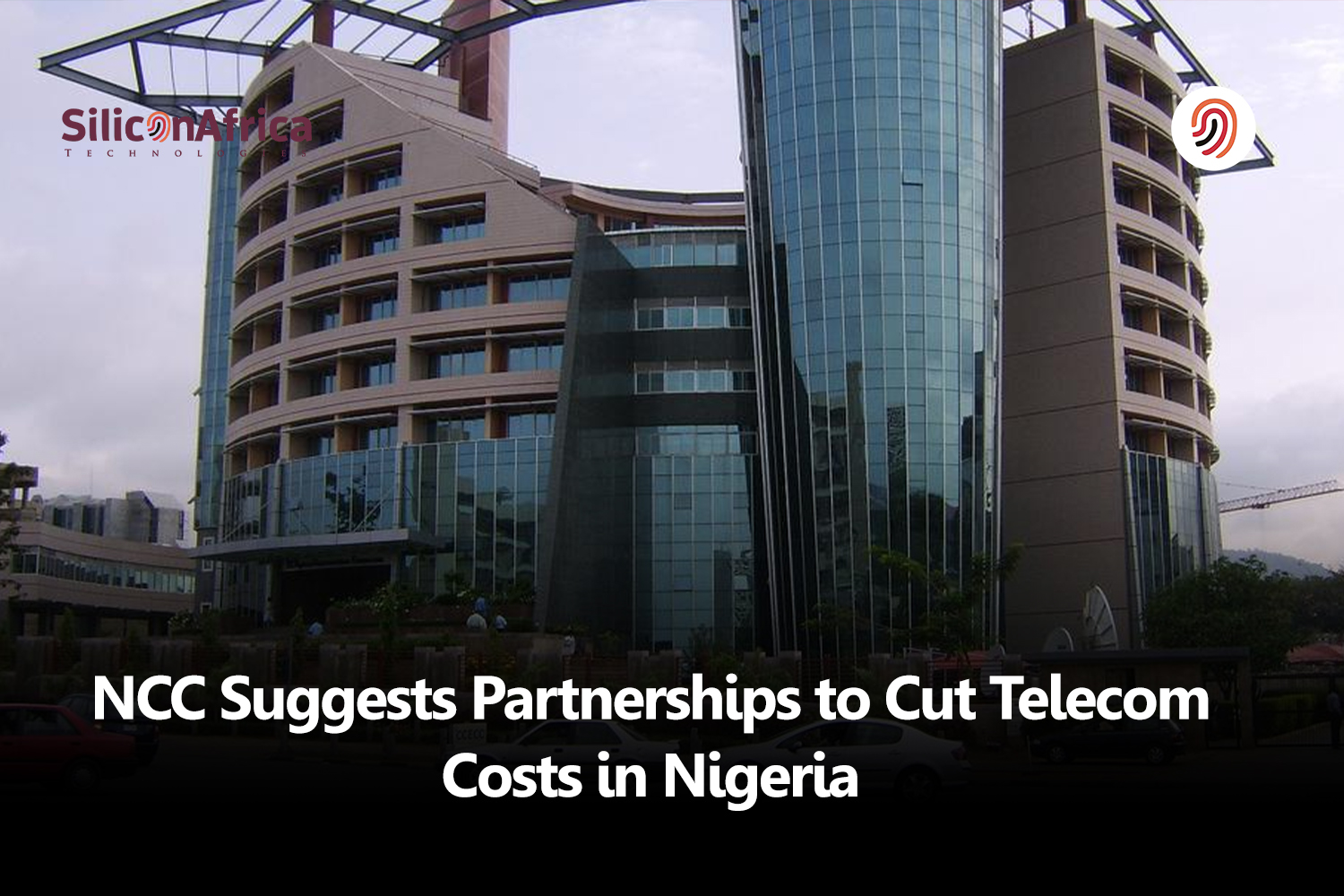Physical Address
60 Ekwema Cres, Layout 460281, Imo
Physical Address
60 Ekwema Cres, Layout 460281, Imo

Financial challenges have been affecting Nigeria’s telecom sector (NCC), leading to worries about increases in call and data charges.
Yet the Nigerian Communications Commission (NCC) the body for the industry, has suggested a strategy that may be advantageous, for both telecom firms and customers; sharing infrastructure.

Telecom operators in Nigeria are looking for ways to save money due to the difficulties they are facing.
The devaluation of the Naira has had an impact on companies like MTN Nigeria, leading to losses. Airtel has also seen a decrease in its revenue.
The Association of Licensed Telecom Operators of Nigeria (ALTON) highlighted that despite the conditions telecom rates have remained stable for more than ten years mainly because of regulatory constraints.
Aminu Maida, who leads the NCC discussed these issues at a telecom summit, in Lagos. He emphasized the expenses involved in setting up and managing telecom infrastructure throughout Nigeria.
To tackle this issue the NCC is promoting collaborations and creative financial methods such as Infrastructure as a Service (IaaS).
This strategy would allow telecommunications firms to utilize shared infrastructure cutting down on duplication and lowering investment costs.
Read also: Telecom Operators in Nigeria Prepare to Increase Tariff for Voice and Data Services
Infrastructure sharing offers several advantages for both telecom companies and consumers:
Reduced Costs: Telecommunication companies can reduce costs by sharing resources, like cell towers, fiber optic cables and base stations. The money saved can then be used for improving networks and expanding services.
Enhanced Network Performance: Sharing infrastructure helps in creating a network layout, which can result in better signal quality, broader coverage and fewer call disruptions. This ultimately enhances the user satisfaction.
Enhanced Affordability: By cutting down on expenses telecom firms are less inclined to raise prices. This could keep call and data charges for consumers, in Nigeria those in areas that lack adequate services.
Quicker Network Expansion: Collaborating on infrastructure can speed up the introduction of telecom offerings in areas without service or, with access. This may help close the gap and enhance internet availability nationwide.
Read also: NATCOMS Urges NCC To Approve 10% Tariff Hike For Telcos
While infrastructure sharing presents a promising solution, there are certain challenges to consider:
Antitrust Concerns: Rules must be put in place to make sure that competition is fair and to stop any company from taking over the infrastructure.
Standardization and Compatibility: For network functioning the shared infrastructure should follow standards and work with various telecom equipment.
Fair Revenue Distribution System: A clear and just revenue sharing system should be set up to encourage all companies to contribute to and uphold the shared infrastructure.
See also: IHS, ALTON, NCC Propose Strategies To Safeguard Nigeria’s Infrastructures From Cyber Threats
The NCCs plan to encourage infrastructure sharing is a move towards making the telecom sector in Nigeria more efficient and cost effective.
By promoting cooperation among telecom companies, the government and educational institutions the NCC aims to foster innovation and ensure that Nigerians have access to high quality telecommunication services.
The success of this proposal relies on overcoming challenges and creating a framework that benefits all parties involved.
Through embracing infrastructure sharing Nigeria’s telecom industry can navigate limitations and pave the way for a sustainable and prosperous future.
If you find this article helpful, kindly share your thoughts in the comment section and follow us on our social media platforms on X (Silicon Africa (@SiliconAfriTech)), Instagram (SiliconAfricaTech), and Facebook (Silicon Africa).